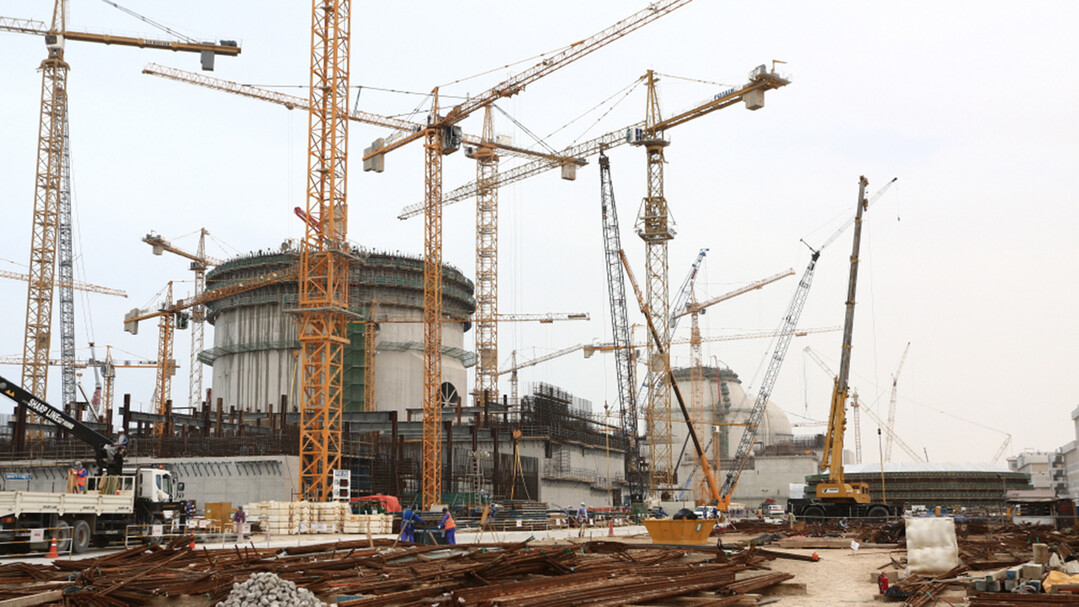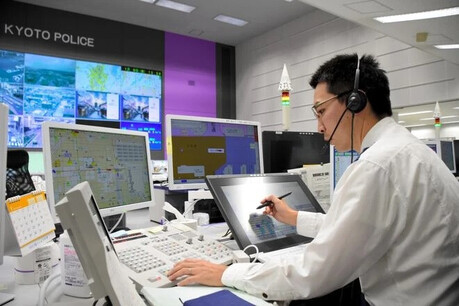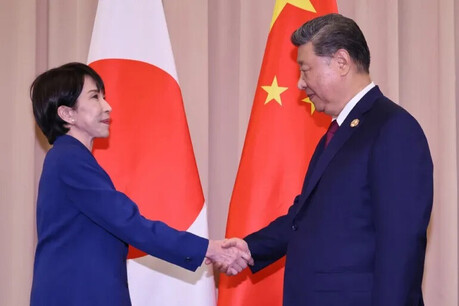
Seoul, South Korea – South Korean construction companies have reached a significant milestone, surpassing $1 trillion in cumulative overseas orders since their first foray into the global market in 1965. This marks a remarkable 59-year journey for the industry and solidifies its position as the third sector in the country to achieve such a feat, following semiconductors and automobiles.
The Ministry of Land, Infrastructure and Transport announced on Monday that South Korean construction firms secured $37.1 billion in overseas orders in 2024 alone. This represents an 11.4% increase from the previous year and is the highest figure since 2015. With the latest achievement, the total cumulative value of overseas construction orders now stands at a staggering $1 trillion.
Mega Projects and Geographic Expansion Drive Growth
Large-scale projects, including nuclear power plants, new cities, and skyscrapers, have played a pivotal role in driving this growth. The UAE nuclear power plant project, awarded in 2009, remains the largest single contract ever secured by a South Korean construction firm, valued at $19.1 billion.
While the Middle East and Asia have traditionally been the primary markets for South Korean construction companies, the industry has been actively expanding into North America and Europe in recent years. This geographic diversification has been driven by the growing demand for renewable energy and electric vehicle battery manufacturing facilities. The United States and Hungary emerged as the second and fifth largest markets for South Korean construction firms in the past three years.
From Losses to Export Powerhouse
The achievement of $1 trillion in cumulative overseas orders is a testament to the resilience and adaptability of the South Korean construction industry. When Hyundai Engineering & Construction undertook its first overseas project in Thailand in 1965, it incurred significant losses. The industry faced numerous challenges over the decades, including the oil crisis of the 1980s and the Asian financial crisis in the 1990s.
However, the South Korean construction industry has evolved into a global powerhouse, contributing significantly to the country's current account surplus. In 2023, the construction sector accounted for 13% of South Korea's current account balance, the highest among the top 20 economies. This underscores the industry's pivotal role in driving the country's economic growth.
Looking Ahead
Industry experts have emphasized the need for South Korean construction firms to shift their focus towards investment-led projects to maintain their competitive edge in an increasingly globalized market. Kim Jung-han, a law professor at Sejong Law Firm, suggested that government support, such as increased investment by the Korea Infrastructure and Urban Development Corporation (KIND), is essential to facilitate this transition.
[Copyright (c) Global Economic Times. All Rights Reserved.]





























